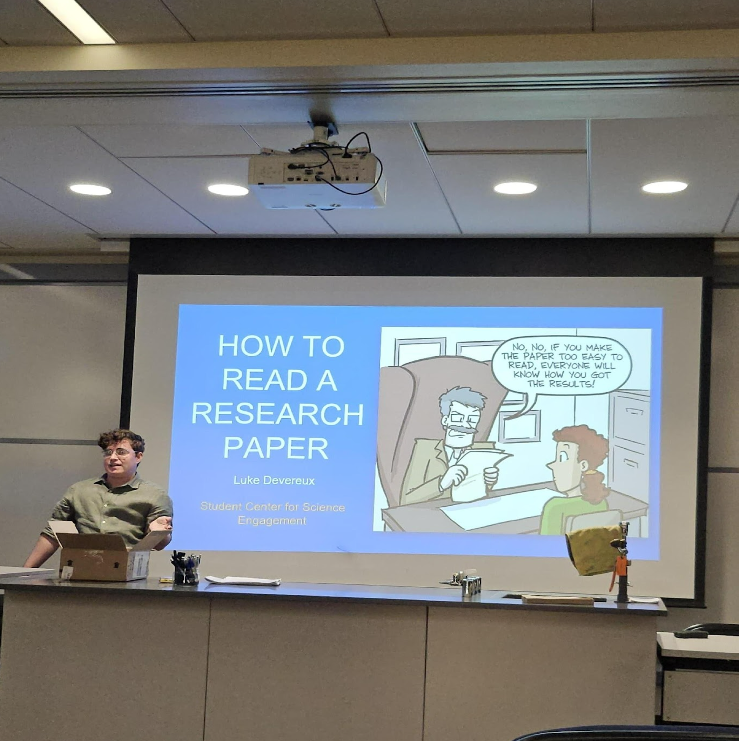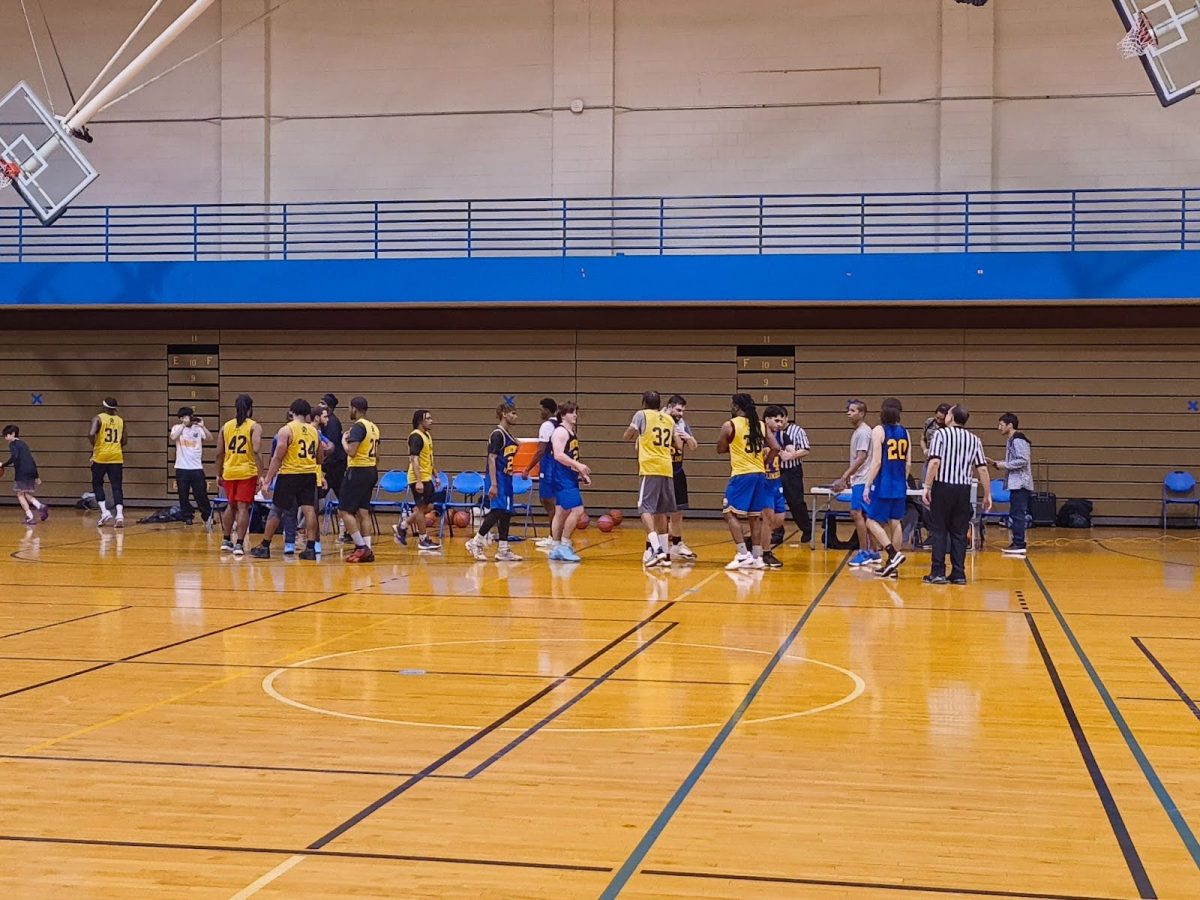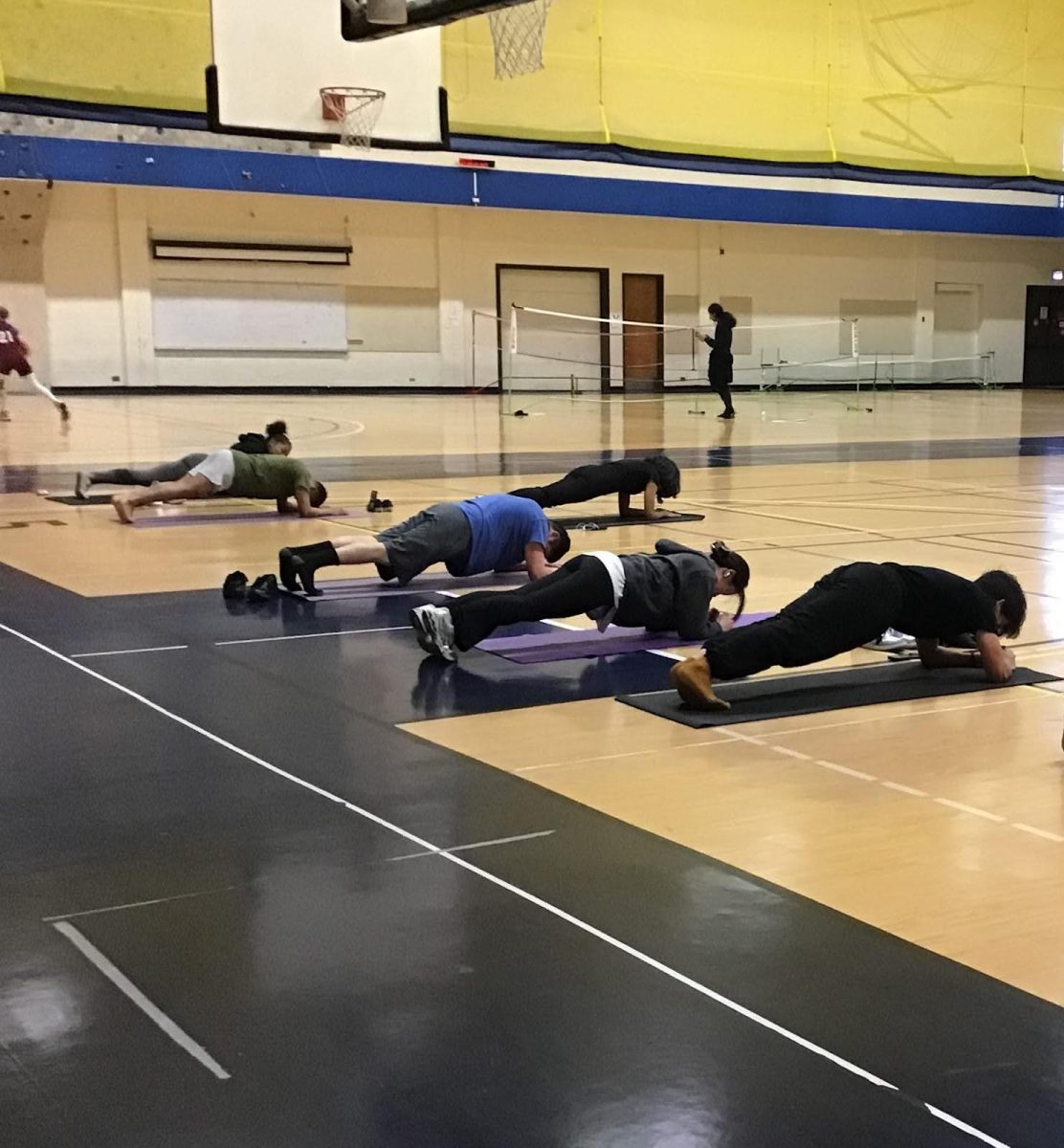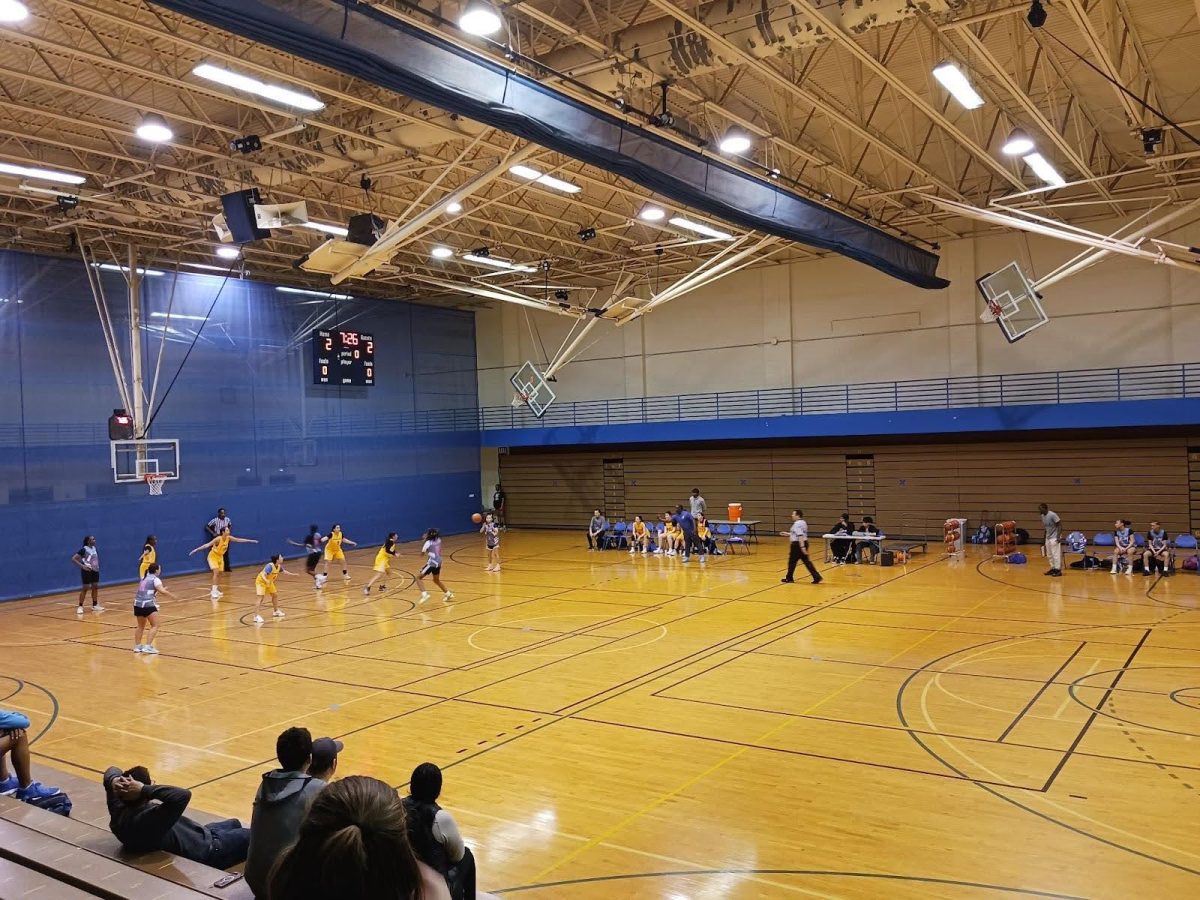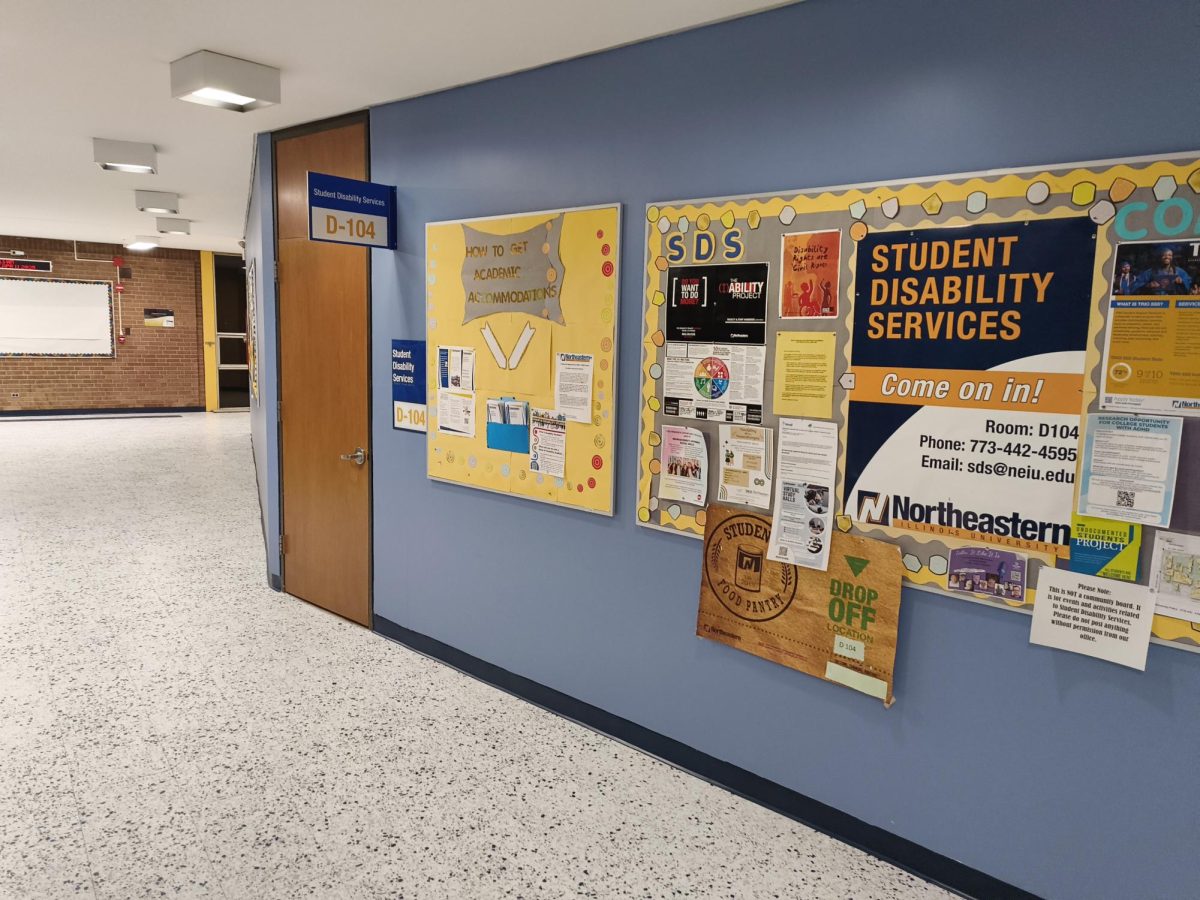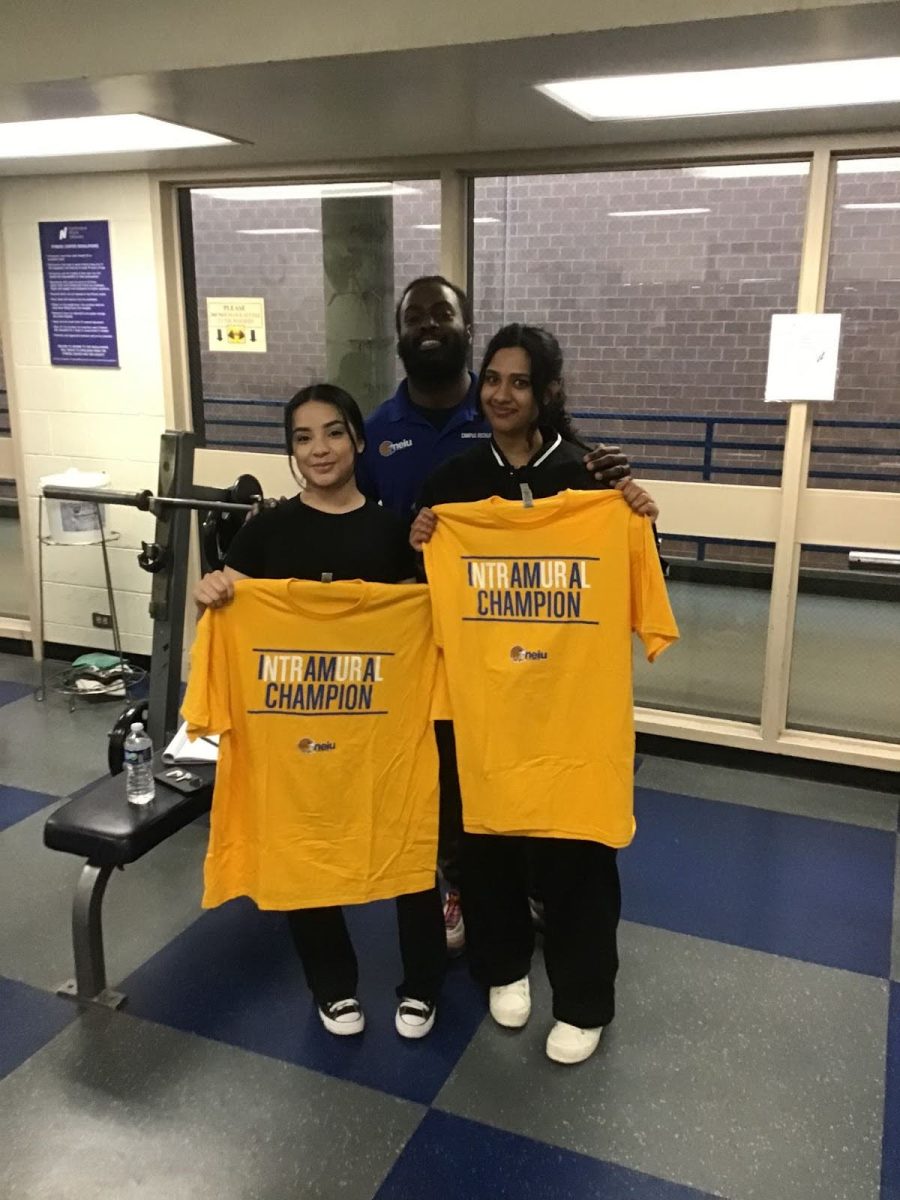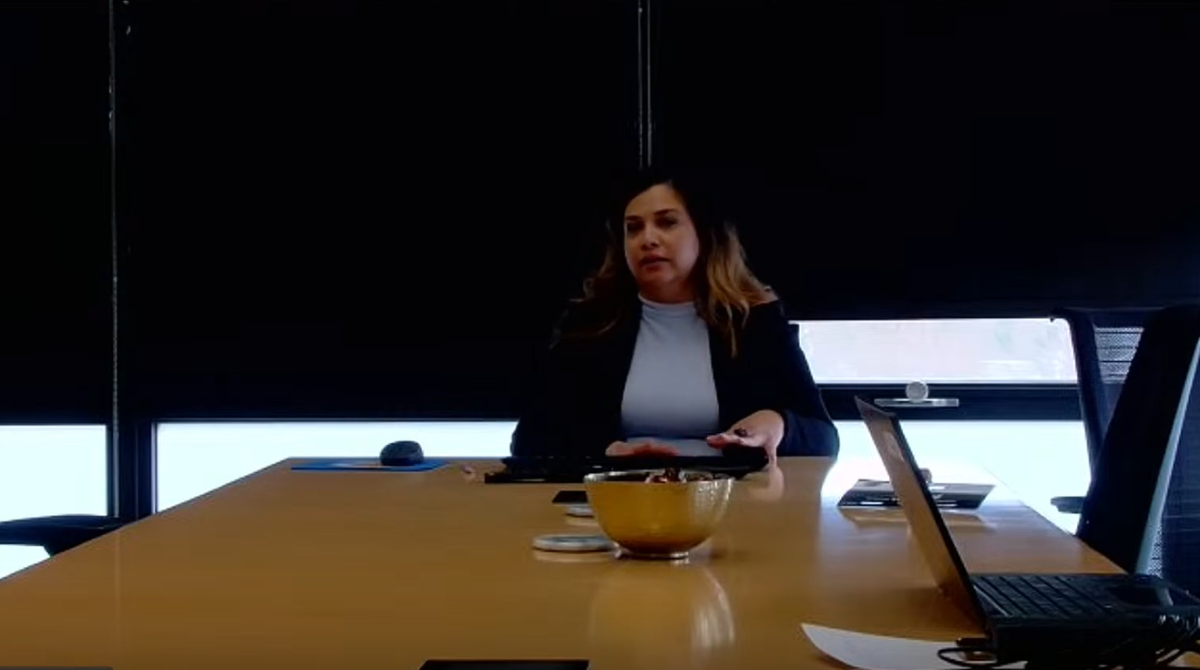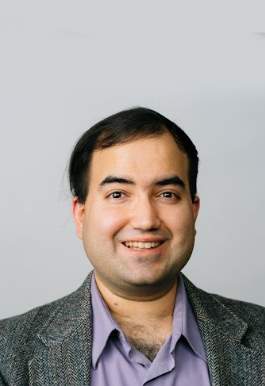NEIU’s Mathematics Department, Center of Health and Chicago Cancer Health Equity Collaborative (ChicagoCHEC) hosted the 24th Mathematical and Statistical Modeling of Complex Systems Workshop on Friday, Nov. 8, 2024. The workshop brought a broad range of facilitators together to engage and inform attendees about health sciences, scientific endeavors and data analysis. Dawid Majcherek from SGH Warsaw School of Economics covered the structure, strengths and areas requiring improvement for Poland’s healthcare system and how it is a benchmark against other EU models. Majcherek’s research goal was to increase healthcare expenditure beyond 6% of Poland’s gross domestic product (GDP) by the end of 2024 because the EU average is currently 8% of GDP. The result of his research is expected to expedite efficiency and improve the quality of care in the nation’s health system. According to Majcherek’s presentation, the Polish government expects to invest in “primary care reform, oncology networks, cardiology and rare disease plans.”
Following the discussion of Poland’s healthcare services, audience members learned about what NEIU’s Student Center for Science Engagement (SCSE) offers, such as opportunities to attend scientific conferences, professional opportunities, professional development and math and science tutoring services.
“The point of writing a [scholarly] paper is to be able to communicate your science to other people, so they can understand it,” Luke Devereux, SCSE workshop facilitator and NEIU STEM advisor, said. “So if you’re not understanding it, it’s not always your fault, and I think that’s a really good place to start.”
Devereux focused on primary research, where the writer of the research is the one who performed the scientific experiments. Devereux discussed, compared and contrasted the research authors’ interpretations of their experiments and readers’ most common interpretations of the written material.
Devereux guided the audience participants to choose a different flowchart, figure or chart and attempt to map the experiment to try and figure out how the data was obtained. In similar words, it was like reverse engineering a scientist’s summary within the research paper. “It’s a hard topic figuring out how [the researcher] did their experiment just based on their summary of it and not their lab notebook,” Devereux said.
NEIU’s Students Pursuing Action, Research and Knowledge (SPARK) Club hosted a discussion to enhance research paper reading skills. Participants were divided into groups, and each group read different aspects of a research article. By using a combination of techniques that Devereux explained and by taking turns reading it together, attendees were able to grasp multiple ways to comprehend the content of the articles from varying perspectives.
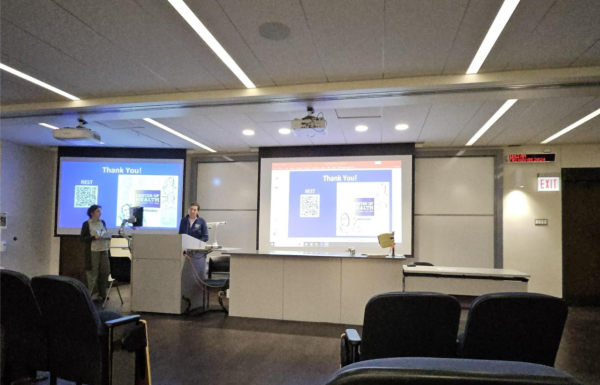
During the workshop, NEIU student speakers Ashley Garcia, an undergraduate in computer science, and Guadalupe Sosa, an undergraduate in economics with a minor in analytics, delivered an informative presentation about how to utilize the statistical software RStudio.
Garcia and Sosa covered techniques of data visualization and customization of X, Y and aesthetic variables. Their examples included covering the social determinants of health within the original data comprising all 50 states, numerous counties and over 6,000 variables.
“There’s a bunch of variables, way too many to really focus on,” Garcia and Sosa said. “So we narrowed it down to Illinois because we live here.”
While typing code in RStudio, they guided the audience to isolate the data of interest, such as a particular county in Illinois or the biggest county in Illinois. Garcia and Sosa demonstrated the intricate functionalities of RStudio by explaining how to use the code and install various coding libraries to the attendees. Regardless of prior experience, audience members had something to learn about data analysis. Garcia and Sosa focused primarily on health-related topics and how to manage data analysis and interpretation efficiently.
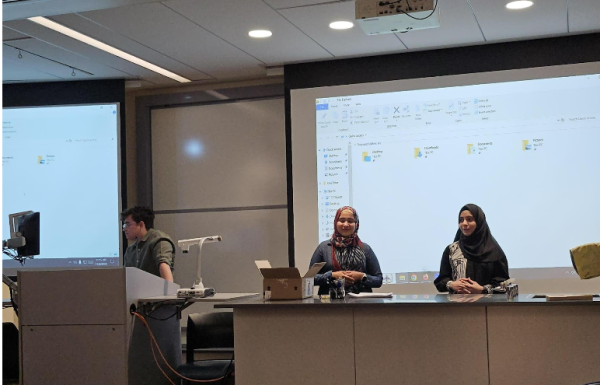
The workshop was a valuable learning opportunity. It facilitated an exchange of knowledge and professional development, and it equipped participants with new insights and practical skills. The combination of expert discussions and engaging presentations ensured that everyone gained a deeper understanding of the topics covered, and they left with renewed enthusiasm to apply this knowledge in their respective fields.
The Math & Modeling Workshop covered a range of topics, including Poland’s healthcare system, advanced statistical techniques and interdisciplinary collaboration through the SCSE. Participants engaged in hands-on sessions such as RStudio coding and research article analysis. They focused on practical applications of theoretical knowledge. The full-day event featured data-driven approaches to health research and opportunities for advancing scientific collaboration.



